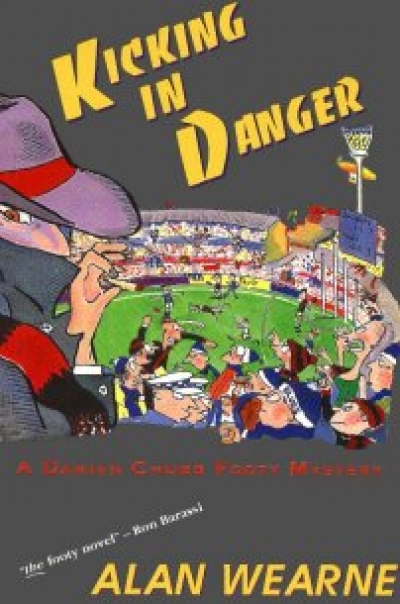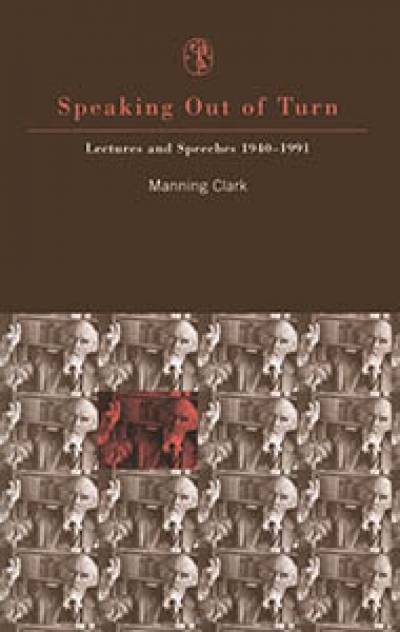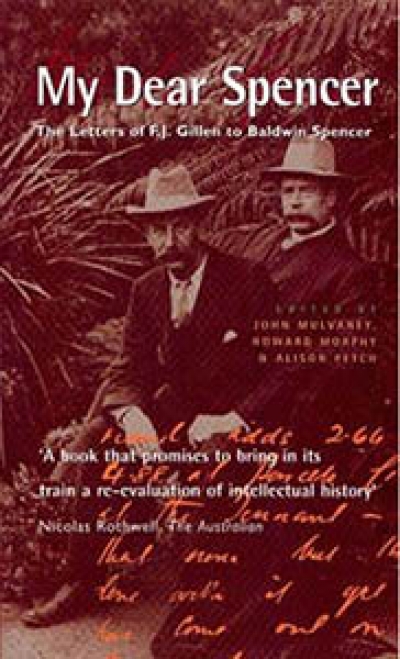Archive
Film | Theatre | Art | Opera | Music | Television | Festivals
Welcome to ABR Arts, home to some of Australia's best arts journalism. We review film, theatre, opera, music, television, art exhibitions – and more. To read ABR Arts articles in full, subscribe to ABR or take out an ABR Arts subscription. Both packages give full access to our arts reviews the moment they are published online and to our extensive arts archive.
Meanwhile, the ABR Arts e-newsletter, published every second Tuesday, will keep you up-to-date as to our recent arts reviews.
Recent reviews
A Nation at War: Australian politics, society and diplomacy during the Vietnam War, 1965–1975 by Peter Edwards
Literary culture in Australia seems to me to be in state of some disorder, not least because of the state of reviewing. Many reviews are banal, slipshod, dull and as if written in a cultural vacuum.
... (read more)I was only two bites into a corned beef and pickle sandwich and surrounded by unmarked exam papers when one of my students, Nod Clay, walked up and asked me to write him a reference.
‘You got a job interview Nod?’
‘No it’s for court, for assault.’
‘What sort of assault?’
‘With a brick.’
‘Jesus Nod…’
I pushed my chair away from the desk and folded my arms.
... (read more)








